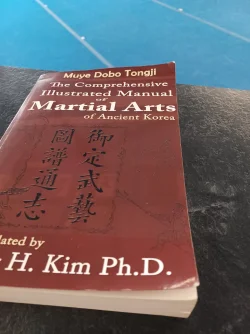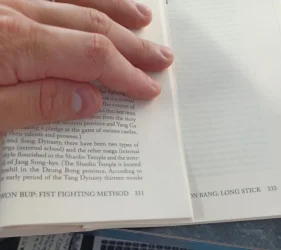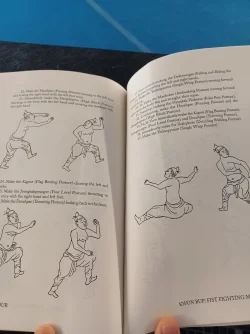Flying Crane
Sr. Grandmaster
Another weird thing I see is when people name taiji and wing Chun as specific things, and then list kung fu as a separate specific thing. As in: “our school teaches taiji, wing Chun, and kung fu”.True, had forgot about this, but it did remind me that In the early 70s it was “Kung Fu” thank you David Carradine and his show Kung Fu
Which, by the way, Kung Fu us stI’ll miss used, first it means hard work, not martial arts and the way it is used these days, it is not A specific style but a container of all Chinese martial arts
Wing Chun and taiji are both forms of what we in the West call “kung fu” (and yes, I do understand the mistranslation of that term, it should really be “traditional wushu” but I don’t want to confuse people even more than they are).
There, I said it, now everybody is informed and educated. No more excuses.



